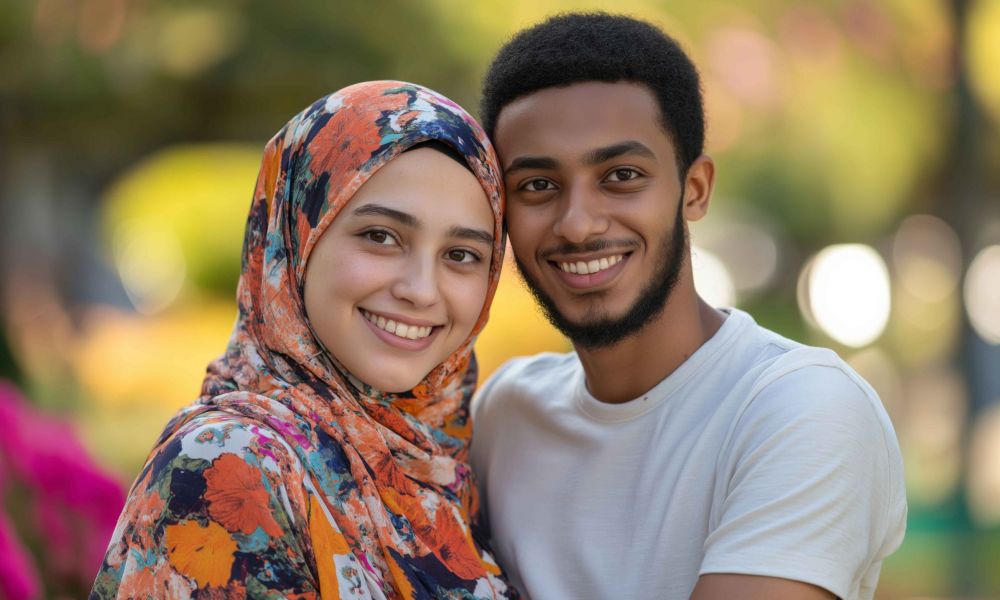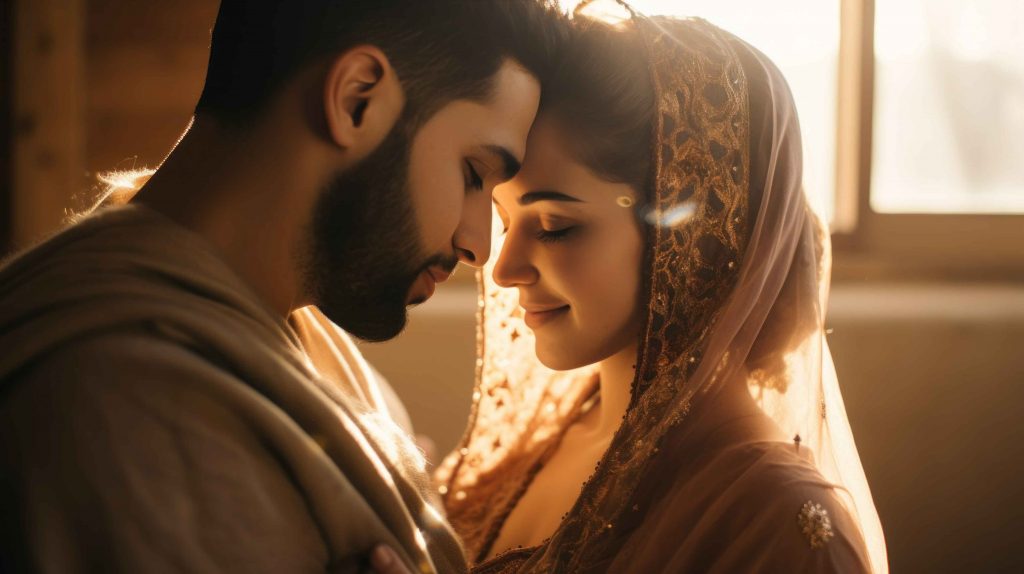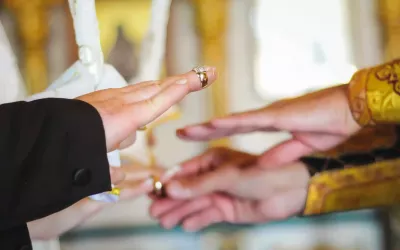
Can You Have an Islamic Nikah Without a Wali? Exploring Faith, Culture, and Reality
Table of Contents ▼
In the sacred union of marriage, Islamic Nikah stands as a spiritual commitment before Allah. It’s not merely a legal formality but a heartfelt promise built on faith, consent, and understanding. But one question continues to echo within Muslim communities: Can a woman proceed with an Islamic Nikah without a wali (guardian)?
The answer isn’t universal. In fact, it blends Islamic jurisprudence, personal circumstances, and modern realities. To understand this better, let’s take a deeper look at the human side of this topic, where tradition meets lived experience.
Table of Contents
What Is the Role of a Wali in Islamic Nikah?
In traditional Sharia marriage, the wali is often the bride’s father or a close male relative. His role is not to control but to ensure the woman’s protection, honor, and well-being. It’s a position of trust, rooted in care and guidance.
But with changing family dynamics, migration, and legal systems in non-Muslim countries, many Muslim women now ask: Do I need my father’s permission for an Islamic Nikah?
In some cases, the answer is yes. In others, it’s no. And in many situations, it’s more about understanding the spirit of Islamic teachings than just the rule itself.
When Is a Wali Not Required in Islamic Nikah?
Under the Hanafi school, a mature, adult woman may perform an Islamic Nikah without a wali — provided the man is suitable and the marriage terms are fair. This school gives space to individual choice and is often applied in Western contexts.
For example, many Muslim women living in the UK, the US, or Canada follow this approach. These women often don’t have their fathers nearby or may be estranged from them. In such cases, following the Hanafi school allows them to proceed with an Islamic Nikah while still respecting the faith.
It’s not rebellion — it’s responsibility. These women aren’t trying to bypass tradition; they’re trying to honor their faith in real-life circumstances.
When Is a Wali Always Required?
In contrast, the Maliki, Shafi’i, and Hanbali schools consider the wali mandatory in every Islamic Nikah, regardless of the woman’s age, experience, or independence. This is often rooted in hadiths that emphasize the wali’s presence to ensure the process is just, dignified, and free from coercion.
In many parts of the Muslim world — like Saudi Arabia, the UAE, and Malaysia — this view shapes both religious practice and local law. Even for widows or divorcees, an appointed wali may be required for a valid Islamic Nikah.
The Emotional Side: When the Father Is Absent
A major dilemma arises when the father is unavailable, has passed away, or is not in contact. In such cases, Islamic scholars often permit appointing another guardian — an uncle, brother, or even an imam.
Some women hesitate to involve male relatives they barely know, especially in cases of trauma, estrangement, or abuse. In such cases, a court-appointed wali or a trusted scholar can step in to complete the Islamic Nikah responsibly.
This shows that while Islam places importance on structure, it also provides flexibility when needed, always with the woman’s dignity at the center.

Islamic Nikah in Civil Societies
In countries like the UK or the US, civil law does not require a wali. So a woman may legally marry without her father’s presence. But when pursuing an Islamic Nikah, many scholars still recommend having a wali involved — not as a requirement, but as a gesture of family unity and spiritual support.
Islamic centers and mosques in the West often follow the Hanafi position but advise caution. They may verify the bride’s maturity, mental readiness, and genuine consent before solemnizing the Islamic Nikah without a wali.
The Wali’s Role: Support, Not Suppression
Many young Muslims assume that the wali’s role is to control or delay the marriage. But in a sincere Islamic Nikah, the wali’s function is to ensure that the woman isn’t taken advantage of or pressured. The aim is protection, not patriarchal control.
Sadly, some families misuse the concept of the wali to block marriages due to caste, class, or racial differences — none of which are valid reasons in Islam. In such cases, scholars agree that a wali should not be allowed to prevent a halal marriage unjustly.
Women’s Rights in Islamic Nikah
Islam honors a woman’s choice in marriage. The Prophet Muhammad (peace be upon him) said that a woman cannot be married without her consent. This hadith applies across all schools of thought.
Even in madhhabs that require a wali, the woman’s voice must be heard clearly. If she objects to a proposal or is forced into a marriage, the Islamic Nikah is not valid, regardless of who the wali is.
Final Thoughts: Balancing Faith with Reality
There’s no doubt that Islamic Nikah is a spiritual act, meant to reflect commitment and peace. Whether a wali is required or not, the focus should always be on transparency, mutual respect, and heartfelt intention.
If you’re unsure about your situation, don’t make the decision alone. Speak to a scholar familiar with your madhhab. Look at your country’s laws. Understand your rights. And most importantly, trust your faith.


